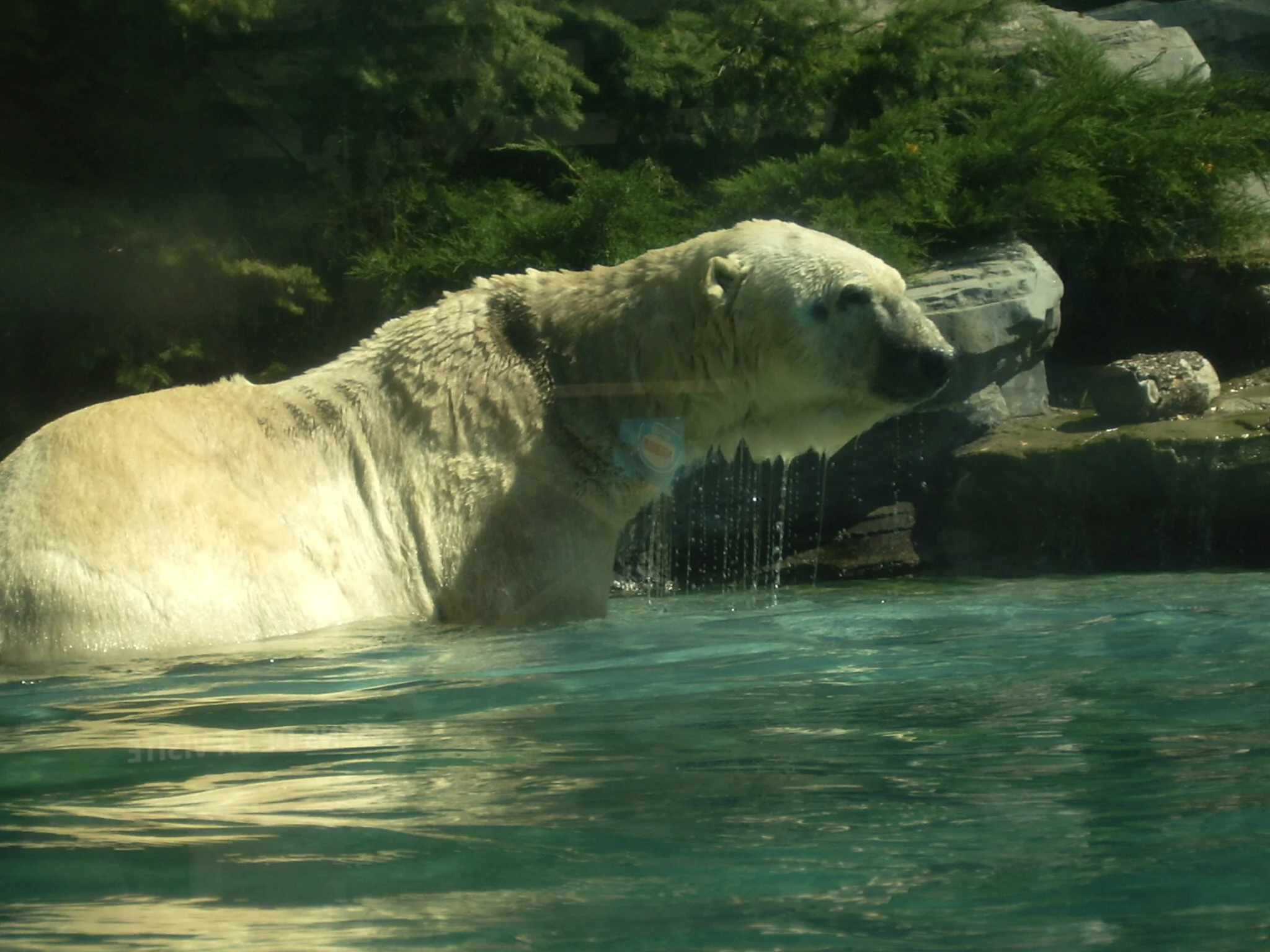Biodiversity and Nature - CEOs Call on Governments to Act Now
We are getting close now to COP26, the global climate summit being held in Glasgow next month. But another important event in terms of biodiversity, nature and the future of our environment kicks off this week. The opening phase of the UN Convention on Biological Diversity (CBD) Cop15 meeting will be held in Kunming, in China, with most delegates attending virtually.
The second phase will be held next spring, where it is hoped that government targets for preventing biodiversity loss will be agreed in the form of the CBD Post-2020 Global Biodiversity Framework.
This week, the Business for Nature coalition added its voice to the debate. That group “brings together business and conservation organizations and forward-thinking companies. Together, we demonstrate and amplify a credible business voice on nature calling for governments to adopt policies to reverse nature loss in this decade. We work with more than 50 international and national partners and a diverse group of businesses from all sectors, sizes and geographies”.
The coalition believes that the current draft Framework does not go far enough and is “still unlikely to trigger the change needed globally”. So “businesses are now calling on governments to make the Post-2020 Framework transformative, meaningful, implementable and enforceable. This will require political will, a strong and measurable set of enforceable targets, clarity on the duties of different actors, implementation and monitoring tools for different actors, and financial resources and investments”.
But this intervention from the coalition isn’t just a high-level statement. Business for Nature has laid out eight suggestions, with detailed notes on amending the Post-2020 Global Biodiversity Framework, aiming to strengthen its ambition. For instance, the group wants to see a clear mission statement, “smart” targets, and suggests that governments must force business “to mainstream the value of nature in their decision making and disclosure”. That may eventually lead to regulatory requirements for firms – just as we are seeing annual reports now including emissions data and progress towards net zero, we may find firms having to report on bio-diversity and wider issues connected with the natural world.
As well as the detailed suggestions, the chief executives of Unilever, H&M and nine other companies have called on governments in an open letter to take meaningful action on mass extinctions of wildlife and the collapse of ecosystems or risk “a dead planet”. Clearly, businesses that want to thrive have a vested interest in the long-term health of the planet and its population – as the CEOs say,
“As business leaders, we recognize our responsibility to reject a “business as usual” mindset and to transform our business models in order to operate within planetary boundaries. By doing so we’ll collectively build healthy societies, resilient economies and thriving businesses”.
It is easy to think that these issues are all about orangutans, soya plantations and the disappearing rainforests. But they also have relevance closer to home. The HS2 high-speed railway in the UK is destroying ancient woodlands and mature trees, although the programme claims it will plant more trees (eventually) than it destroys. And the move in many countries over the last decades to more industrial farming techniques (such as fewer hedges, larger fields and the “monoculture” approach to cropping) has led to a huge loss of biodiversity.
So every organisation needs to think about the impact it and its suppliers have on the natural world. It won’t be top of the “purpose” priority list for everyone, but this is arguably just as big an issue for the planet as climate change and we all need to play our part in addressing it. So to finish, here is a short extract from our forthcoming Procurement with Purpose book.
___________
Extinction and Biodiversity
There have been previous mass extinctions of plants and animals in the past, caused by asteroid strikes, volcanic eruptions, or natural changes in the climate. But for the first time, the current extinction – the sixth, according to scientists – is totally created by humans. Yet like many of the issues discussed here, much of this is driven by business considerations. So equally, a more sustainable and informed approach by firms and consumers could reverse this terrible trend.
Extinction occurs naturally, with what is defined as a “background” rate of one to five species a year being affected. But that is now progressing maybe a thousand times faster, with dozens of species a day disappearing, because of loss of habitat, climate change or introduction (by humans) of exotic species to new habitats. There is a link here to the discussion about sustainable consumption of natural resources; the destruction of rainforest, largely to create farmland for cattle, soya or other food process, is one of the biggest threats to the natural world. But species diversity is just as important in grasslands, tundra or the oceans, and humans can have a major impact, positive or negative, everywhere and anywhere in the world.
The increased use of pesticides and weedkillers in agriculture, for instance, and the destruction of hedgerows and woodland to create mega prairie-type fields, has created huge areas where almost nothing living can be found. Conservation scientist from Princeton University, David Wilcove,116 estimates that there are 14,000 to 35,000 endangered species in the US alone.
